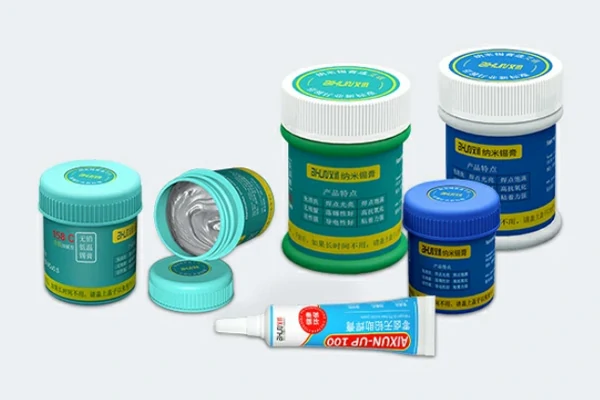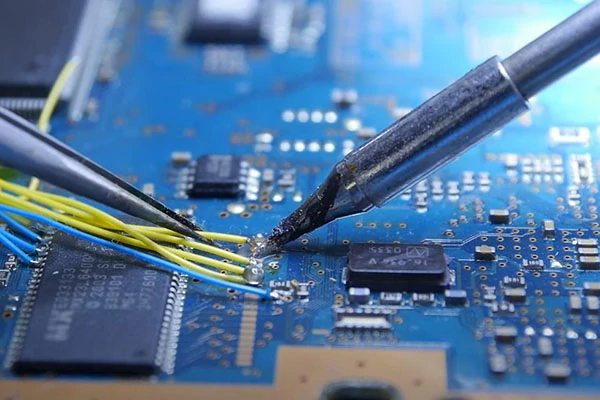
Flux is a critical component in the soldering process, often referred to as the "magic potion" that ensures successful and reliable solder joints. Whether you are a seasoned electronics enthusiast or just starting with DIY soldering projects, understanding what flux is and how it works is essential for achieving clean and professional solder connections. In this article, we will delve into the world of flux, exploring its purpose, types, and importance in the soldering process.

Soldering flux is a chemical agent used in soldering to improve the wetting and flow of solder onto the surfaces being joined. Its primary function is to remove and prevent the formation of oxides on the metal surfaces, allowing the solder to adhere effectively. Oxides can form naturally on metals like copper, brass, and aluminum, hindering the solder from bonding with the metal. Flux acts as a cleaning agent, breaking down these oxides, and creating a clean, receptive surface for the solder.
Ensures Proper Wetting: Proper wetting is crucial for creating strong and reliable solder connections. Flux promotes better wetting by reducing the surface tension of the solder, enabling it to spread evenly across the joint.
Improves Solder Flow: Flux plays a key role in enhancing the flow of solder during the soldering process. With improved flow, solder fills the gaps and crevices, creating a seamless bond between the materials being soldered.
Removes Oxides: Oxides form naturally on metal surfaces, especially when exposed to air. Flux effectively removes these oxides, creating a clean and conductive surface that allows the solder to bond securely.
Rosin Flux: Rosin flux is one of the most common types used in electronics soldering. It is derived from pine tree sap and is available in both liquid and paste forms. Rosin flux is mildly acidic and is suitable for most electronic soldering applications.
Water-Soluble Flux: Water-soluble flux is primarily used in applications where post-solder cleaning is required. It can be easily cleaned off with water after soldering, making it ideal for situations where flux residue must be removed.
No-Clean Flux: As the name suggests, no-clean flux leaves behind minimal residue after soldering, and in many cases, it is not necessary to clean the flux. This type of flux is commonly used in electronics manufacturing processes.
Organic Acid Flux: Organic acid flux is more aggressive than rosin flux and is primarily used in plumbing and heavy-duty soldering applications. However, it is not recommended for electronics soldering due to its corrosive nature.

Applying the right amount of flux is essential for achieving the best results in soldering. Applying too much flux can lead to excessive residue buildup, while using too little might not provide sufficient cleaning and wetting action.
For electronic soldering, a small amount of rosin flux in either liquid or paste form is typically sufficient. Dip the tip of the soldering iron into the flux and apply it to the joint just before adding the solder. This ensures proper wetting and adequate cleaning action during soldering.
There are many different categories, types, and compositions of flux out there for soldering, just as there are many different types of solders and soldering processes. To be assured that your PCB design is going to be manufactured correctly with the best combination of materials and processes, you need to work with trusted manufacturer that has a complete understanding of all of it.
AiXun is a five-year-old company that adheres to the brand principles of Technology, quality service, and innovation. To become China's preeminent provider of intelligent electronics by adhering to the business principle of "based on talent, found with sincerity" and by consolidating and developing its core businesses in areas like hardware, software, new materials, intelligent manufacture, and so on.
If you are ready to have your project, contact AiXun to get a quote . If you want more information on how to use flux when soldering electronics, contact us.
 WhatsApp
WhatsApp